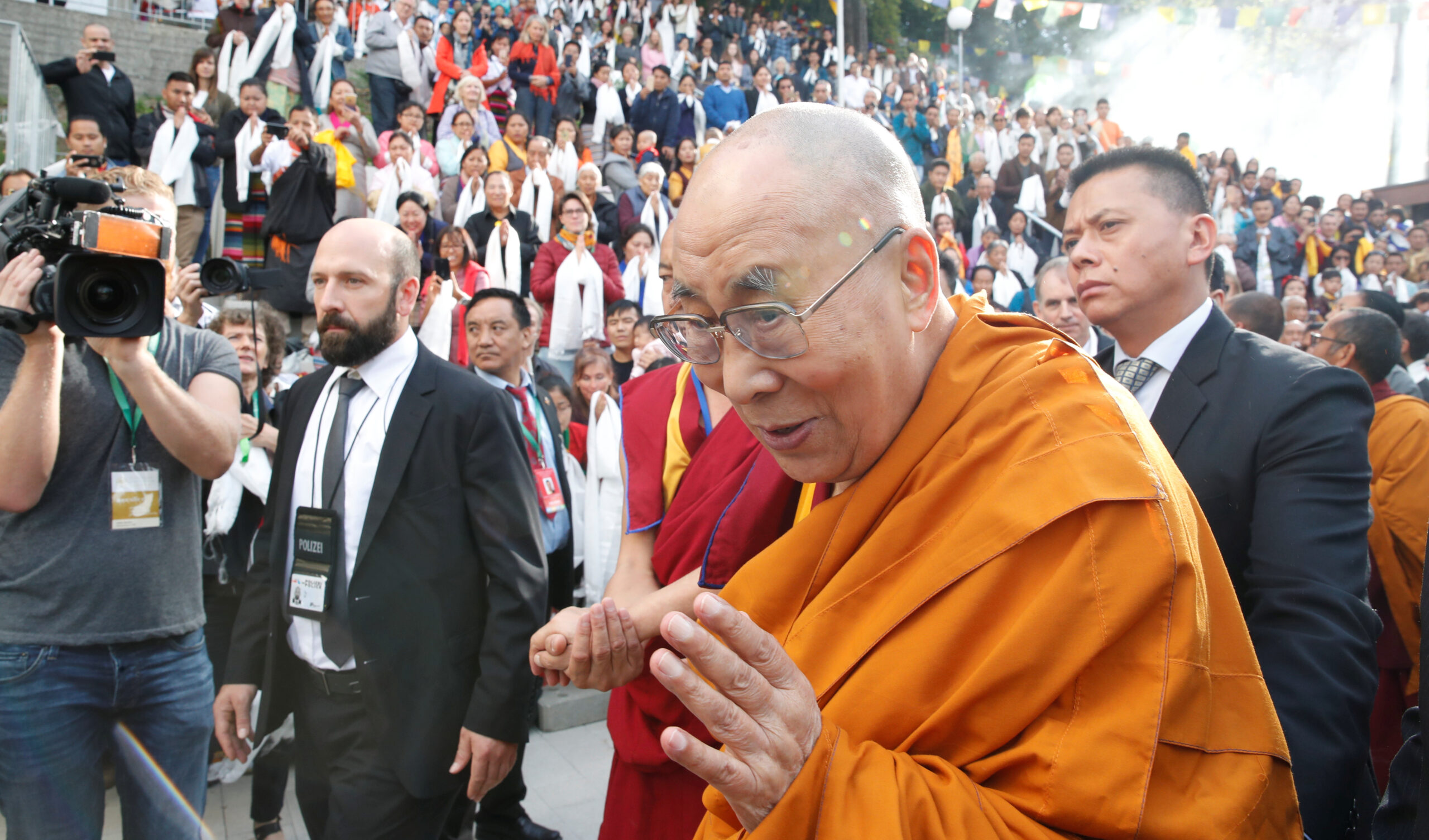
China demands that the Dalai Lama ‘deeply rectify’ his political beliefs
The Dalai Lama, the exiled spiritual head of Tibetan Buddhism, was told by the Chinese foreign ministry on Thursday that he needs to “thoroughly correct” his political beliefs before he can get back in touch with China’s central government.
Since 2010, formal negotiations between China and the representatives of the Dalai Lama, who fled to India in 1959 following a failed rebellion in Tibet against Chinese control, have come to a standstill.
Spokesman for China’s foreign ministry Lin Jian stated, “With regard to contact and negotiations between the central government of China and the 14th Dalai Lama, our policy has been consistent and clear.”
“The 14th Dalai Lama needs to critically examine and rectify his political beliefs,” Lin stated during a routine news briefing for the ministry.
The Dalai Lama stepped down in 2011 as the political leader of the Tibetan government-in-exile, which Beijing does not recognize and considers as a breach of China’s constitution.
However, China still takes offense at any contact he has with foreign authorities, even former US presidents, despite the Dalai Lama’s declaration that he is not pursuing Tibetan independence.
The 88-year-old is still the spiritual head of the Tibetan people, despite China viewing him as a dangerous rebel wearing monastic garb.
Legislators from the United States are presently requesting that President Joe Biden approve a bill that would put pressure on China to seek a peaceful resolution for Tibet.
Following their meeting with the Dalai Lama in India on Wednesday, a group of US legislators declared they would not allow China to have any say in who becomes his successor.
Although Washington acknowledges Tibet as a part of China, some believe the law seems to challenge that assertion.
The Resolve Tibet Act has been rejected by Beijing, which claims that Tibet is a part of China and will not tolerate outside intervention.
“We urge the United States to fully recognize the importance and sensitivity of Tibet-related issues and earnestly respect China’s core interests,” Lin stated.
“We should abide by our commitment on the issue of obstacles, refrain from any form of contact with the Dalai clique and stop sending wrong messages to the outside world.”
All Categories
Recent Posts
Tags
+13162306000
zoneyetu@yahoo.com



